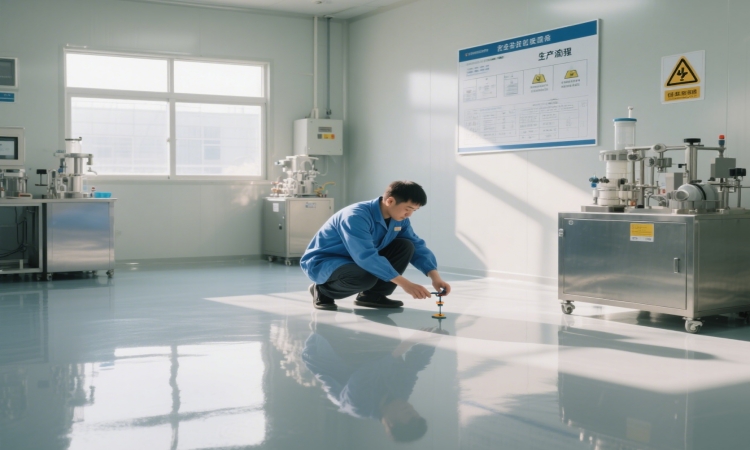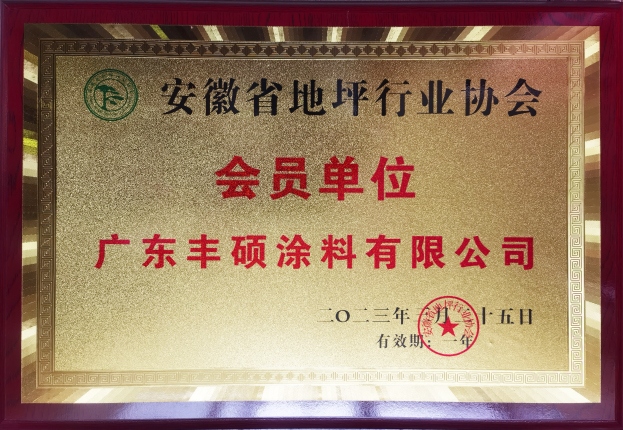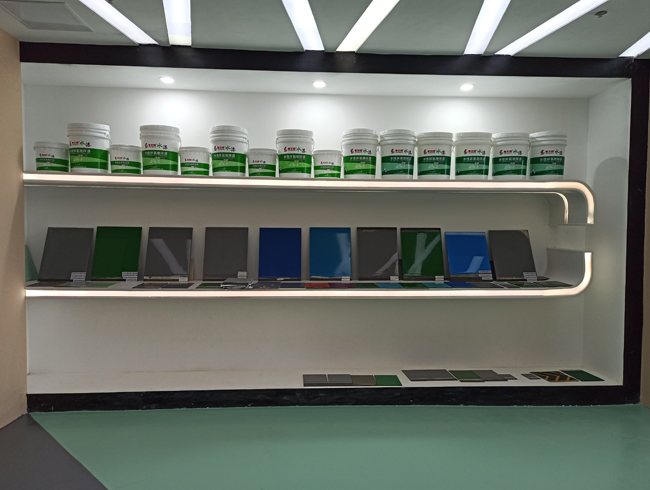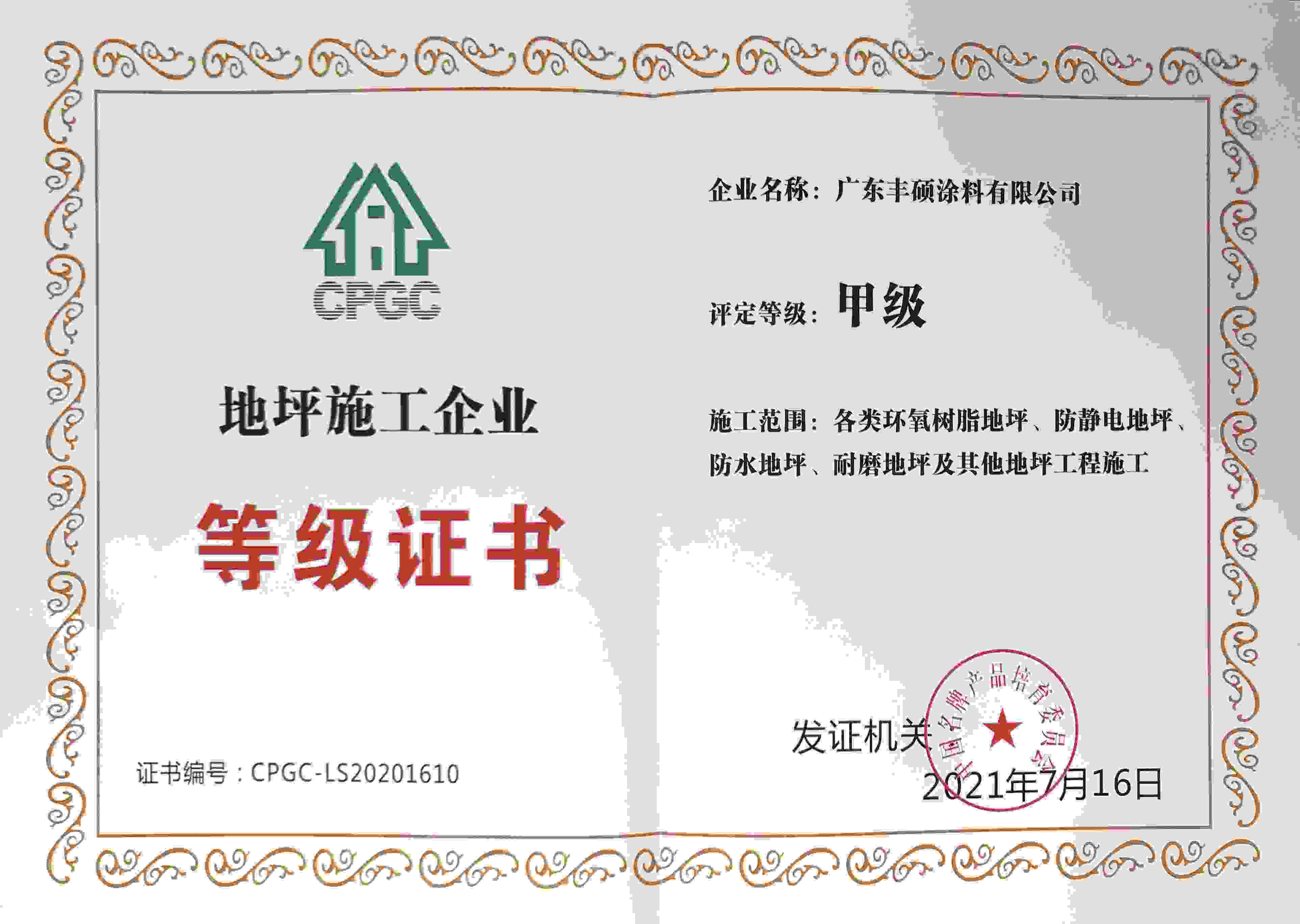Application of waterborne epoxy resin Waterborne epoxy resin refers to dispersing epoxy resin in water in the form of particles, droplets or colloids to obtain a stable dispersion system. Foreign countries have begun research on waterborne epoxy resin since the 1950s, among which making epoxy resin into emulsion is the most commonly used research approach. The most common use of waterborne epoxy resin combined with curing agent is as a coating.
Order(MOQ) :
1000kgProduct Origin :
ChinaShipping Port :
ChinaLead Time :
2 daysOEM ODM :
YesFree Sample :
YesConstruction Technical Support :
Yes
Two-component laboratory water-based epoxy floor paint
Main features and safety
Environmentally friendly ingredients
Water-based epoxy floor paint uses water as a diluent and does not contain harmful solvents such as benzene and xylene. The curing agent and resin components have passed environmental certification, and the heavy metal content meets safety standards.
Compared with traditional oil-based epoxy floor paint (containing a large amount of VOCs and flammable solvents), the toxicity of water-based products is significantly reduced, and there is no pungent odor during construction.
Precautions for use
Key points for construction and maintenance
After construction, ventilation must be maintained. It is usually safe to use after drying for 7 days. If used in a home environment, it is recommended to extend the ventilation to 1 month to completely volatilize the trace residue.
Construction workers should wear protective equipment to avoid direct contact of uncured materials with the skin.
Product selection affects safety
Quality differences and risks
Poor-quality products may illegally add harmful substances, resulting in residual odor or potential toxicity, so it is necessary to choose brands with environmental certification.
Qualified product test reports should include indicators such as heavy metal content and VOCs release, which consumers can verify through official channels.




Hi! Click one of our members below to chat on